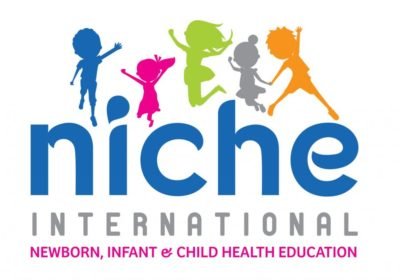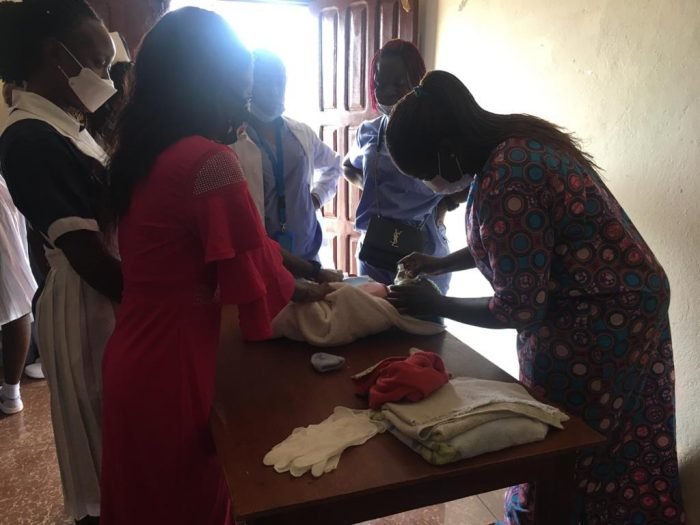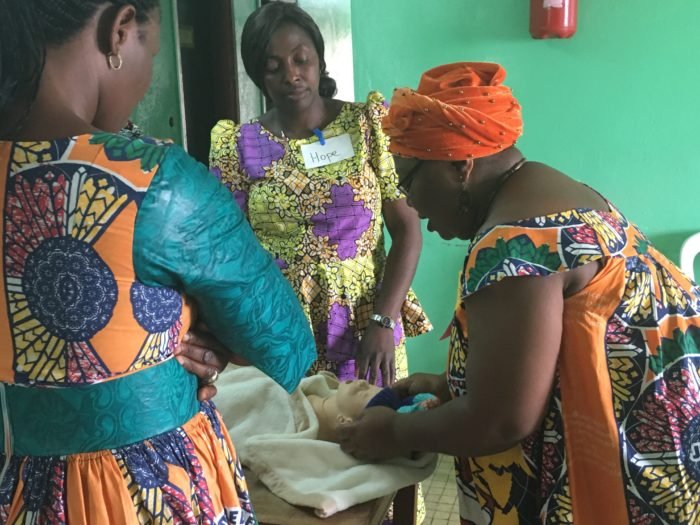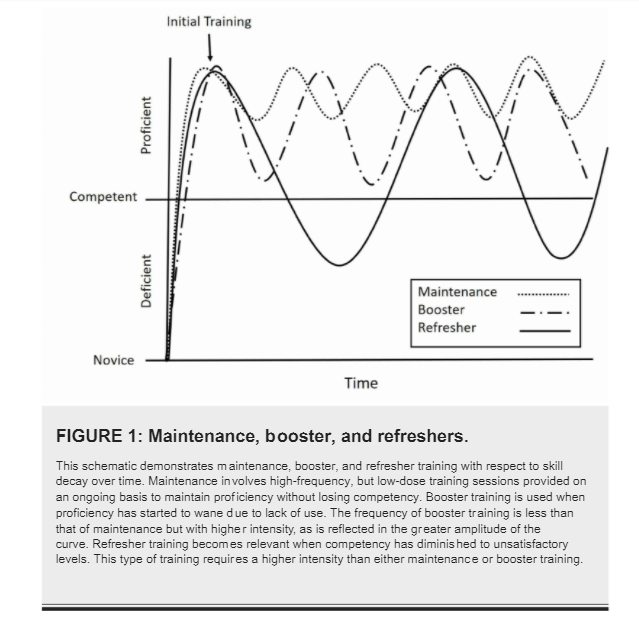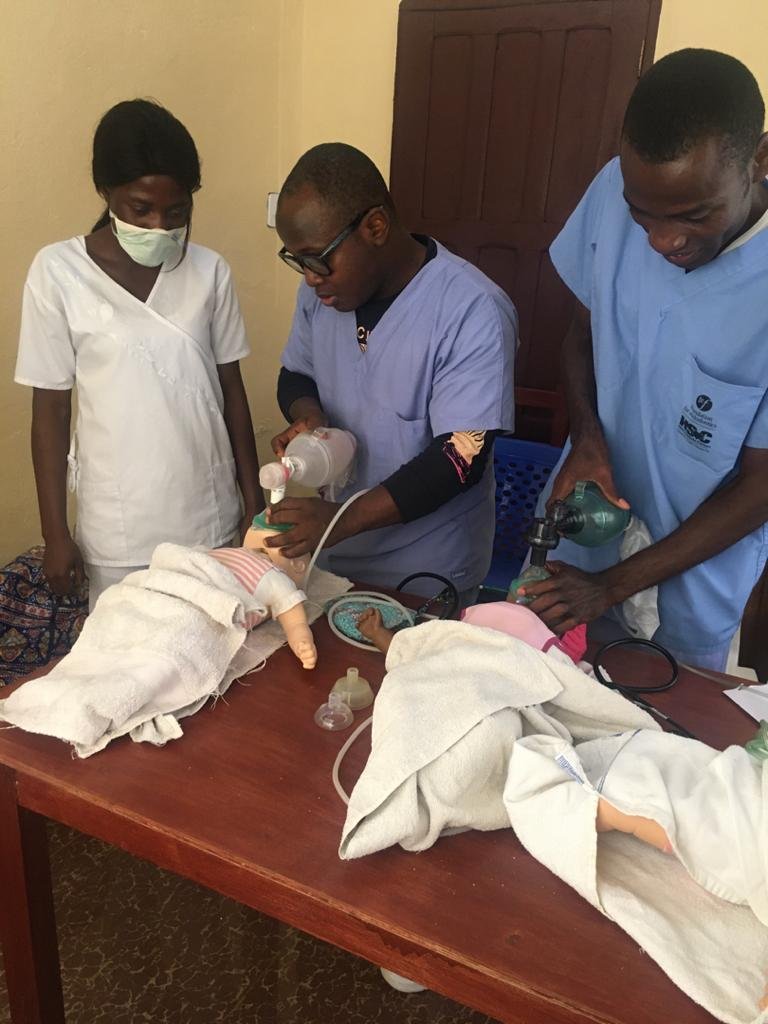Gathering the evidence for the work we do, both for funders and to inform our direction of travel as an organisation, is not at all easy! Alison has been working with Grace in Cameroon to collect information from health clinics about their use of bag-valve-masks which NICHE International provided them with a few months ago.
3 out of the 5 units who had the questionnaire responded which doesn’t give us statistically robust information but does give us a fascinating insight into the obstetric services at these centres, the numbers of deliveries, trained staff and how many babies were born in a bad enough condition to worry the newly trained personnel.

There are a couple of things to learn from here:
1.) The very positive free text comments at the bottom that all units feel that having the bag-valve-mask over the last 8 weeks has potentially saved lives.
2.) The disappointing comment from Bafoussam that people have been reluctant to use the BVM because they can’t attach it to the oxygen supply is a reminder of the need for on-going training and refresher courses. Babies born at 32 weeks gestation and above should be resuscitated in air. The new 2021 guidelines suggest that babies between 28 and 32 weeks can be resuscitated in air to 30% oxygen. Only the very small ones, most of which do not survive in resource poor areas of the world, should be resuscitated in 30% oxygen from the outset. It is recommended to increase to 100% oxygen in any situation if the baby requires cardiac compressions.
We are looking to return to Cameroon at the end of April 2022 to train more instructors and begin training some of the Cameroonian instructors to be instructor trainers themselves. Well done to Grace and team for keeping the Neonatal Care Course training going throughout the Covid pandemic and thanks to the Cameroon Baptist Convention for continuing to fund the programme.
